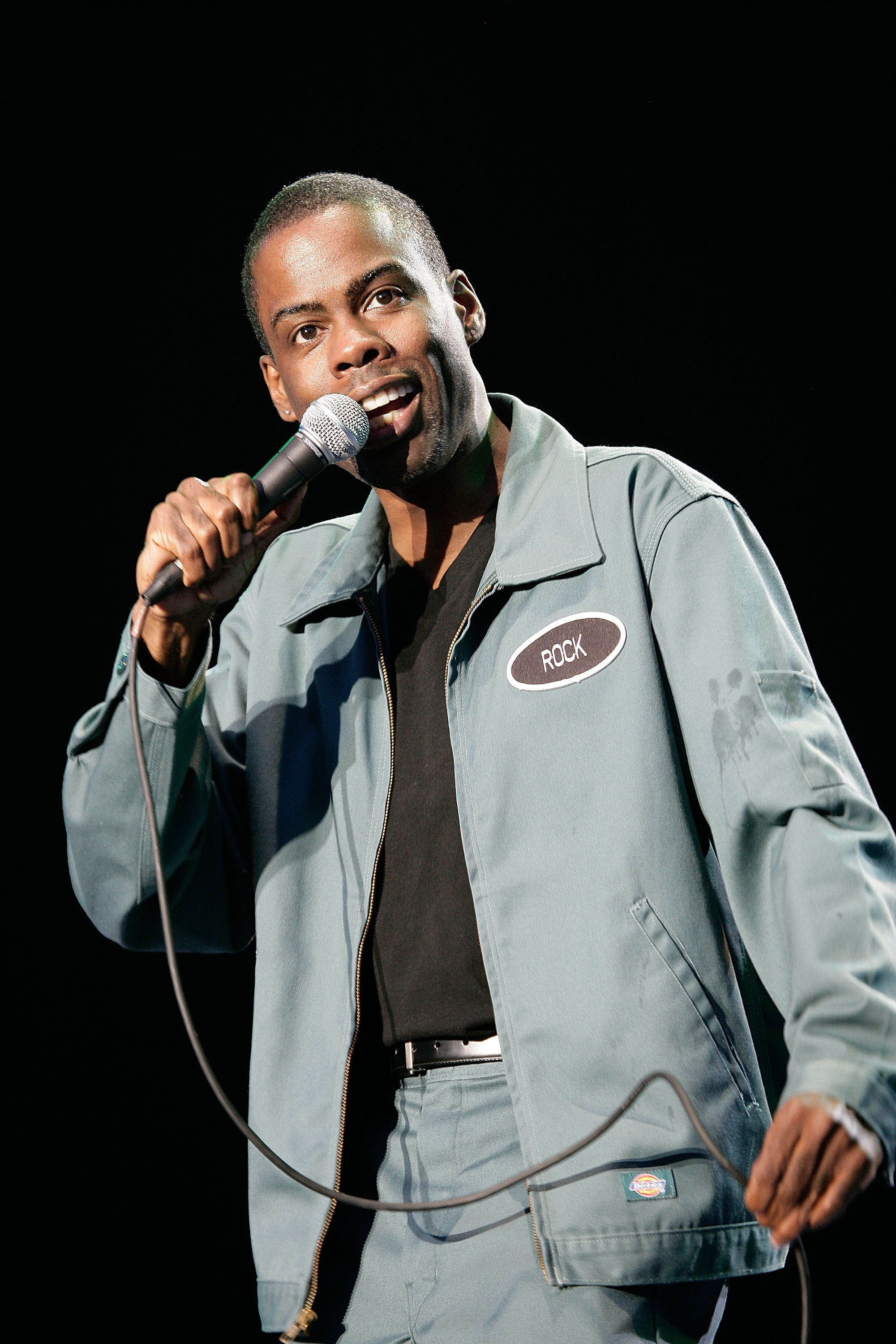Comedy, Stand-up, is a performing art in which the performer tells jokes and humorous stories in front of a live audience. Performers are generally known as stand-up comedians or comics. Stand-up comedy can be a profession or a hobby and can be performed nearly anywhere. Many people perform for fun at “open mic” (short for open microphone) events, in which anyone can go on a stage to tell jokes. Professional comics perform at comedy clubs, bars, and theaters. Professional shows are usually much more structured and rehearsed. An emcee (short for master of ceremonies), often an inexperienced comedian, may host the show. One or more features (experienced comedians) may perform for several minutes, and the headliner (a professional or experienced comedian) performs last, often for around an hour.

Comedians usually write their own jokes, often called “bits” or “material.” Jokes told in stand-up comedy can be about anything. They can be humorous stories, short jokes, or one-liners (jokes in a single sentence). Most jokes are crafted with a set up, the start of a story, and end with a punchline, a surprise ending. Jokes may take inspiration from everyday life, past experiences, and observations of society, or they may simply be made-up stories. Some performers converse with audience members as part of their act. Comics may embellish their performances with impersonations, magic tricks, music, or props.
Stand-up comedy traces its roots to vaudeville performances of the early 1900’s, when performers would stand on stage and tell jokes between musical acts. Vaudeville comedy developed from simple, physical slapstick humor to wittier conversational performances. As vaudeville faded in the 1930’s, many performers began appearing on radio and then early television broadcasts. In the 1950’s, comedians began working social commentary and political jokes into their acts. Many comedians began challenging the social standards of their time. For example, the American comedian Lenny Bruce was arrested for obscenity for his straightforward talk about such taboo (forbidden) subjects as sex and drug abuse. In the 1970’s, comedy clubs began to appear, presenting nightly shows of comedians. During the 1980’s, many comedy clubs opened, and stand-up comics flourished, also performing on television. Stand-up comedy declined in popularity during the 1990’s, however, and many comedy clubs closed.
The decline in popularity of traditional stand-up led comics to experiment with new ideas, for example performing in coffee houses or writing jokes in unconventional ways. By the 2000’s, stand-up comedy had been reinvigorated, and it had become a popular form of entertainment again. The development of the internet enabled many comedians to reach new audiences. By the early 2010’s, many stand-up comedians found success in hosting podcasts, radio-style shows recorded and distributed online.
